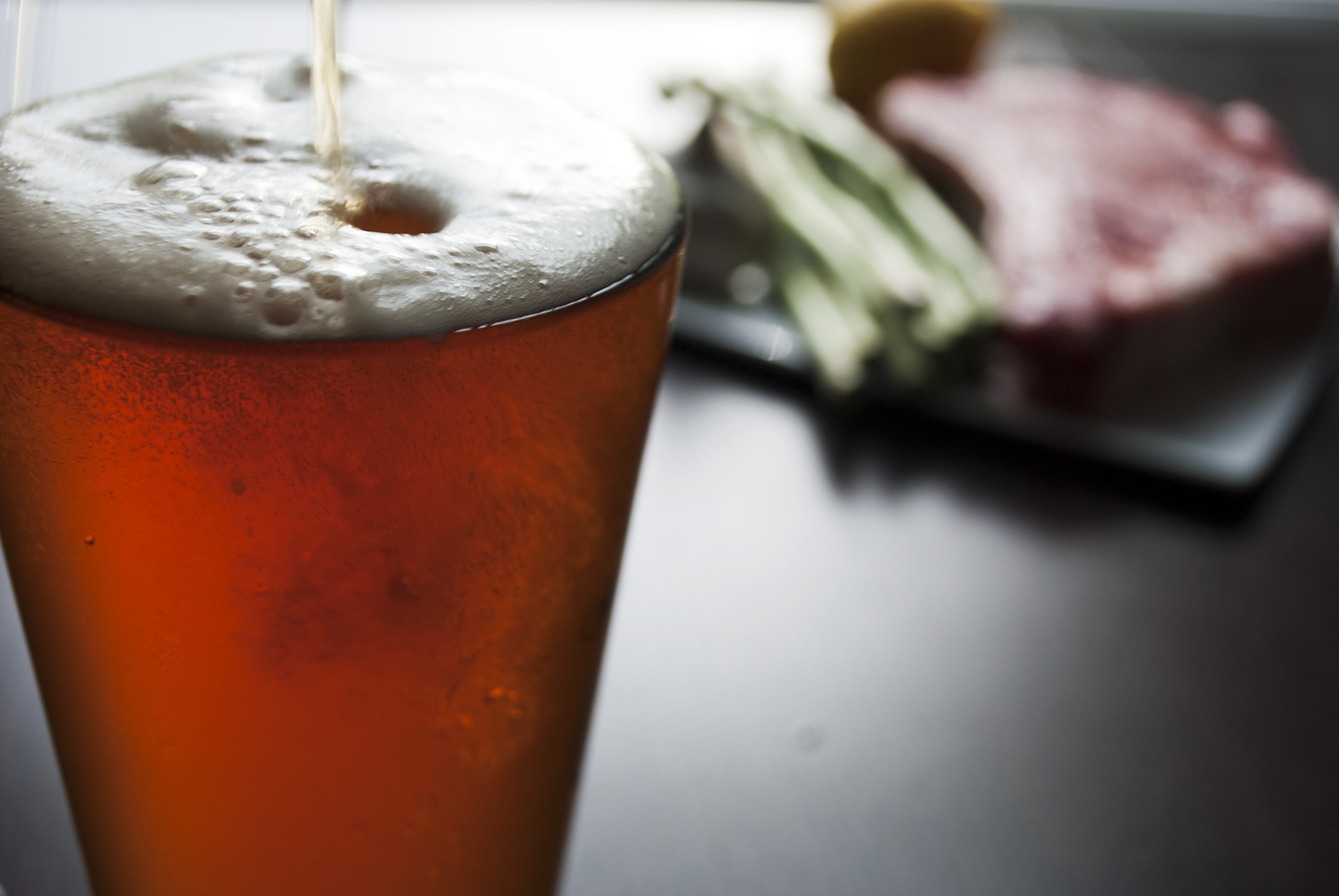The Local newsletter is your free, daily guide to life in Colorado. For locals, by locals.
We’ve all been there: After ordering your third 16-percent barrel-aged quad at the local craft brewery, your stomach begins to growl, demanding food. The only options available for sustenance? Packaged popcorn at the bar or stale, greasy fare from the food truck parked out front.
Colorado’s Front Range may have a celebrated beer scene, but at most breweries, the quality of the food on offer hasn’t caught up to that of the suds. The reality is that oftentimes, sophisticated beers are thoughtlessly paired with subpar eats.

While food trucks are the most ubiquitous option for providing brewery-goers with dinner, they have their downsides. For brewery owners like Chad Miller of Black Shirt Brewing Company, the food truck scene is a crapshoot. Miller is devoted to providing his customers with the best beer possible, so it’s devastating when the scheduled truck runs out of food or fails to even show up—as they often do. “I look bad,” he explains. “Mediocrity has run amok in this town. We [Black Shirt] have such high standards and then are forced to offer such mediocre food.” As a result of the frustration, Black Shirt Brewing is currently in the process of building an onsite kitchen—an endeavor that’s neither quick nor cheap.
But not all breweries share Miller’s philosophy. “We want to be a brewery, not a restaurant,” says Jason Buehler, head brewer at Denver Beer Company, “we don’t want to worry about it.” Buehler explains that food trucks allow the brewery to offer the convenience of food while keeping the focus on the beer. DBC now offers multiple food trucks every day. It’s also worth noting that DBC is within walking distance of several great restaurants, such as Brider, Colt & Gray, and Carbon Beverage Cafe—a perk that not every brewery can boast.
A small handful of larger brewers that can handle the financial burden have opened restaurant-brewery hybrids. One notable example is Avery Brewing Company’s new Boulder headquarters, which opened in February. Patrons of the 23-year-old brewery can now pair a pint of Uncle Jacob’s Stout with slow-cooked wagyu beef brisket fresh off the smoker.
Other local breweries have also found success in pairing their beer with food. Crazy Mountain Brewing Company’s new Denver taproom serves house-smoked barbecue with beer-infused sauces. Bru Handbuilt Ales & Eats in Boulder serves brews like the Obitus Brown Ale (made with dates and caramelized sugar) alongside sourdough pizzas topped with IPA-infused tomato sauce, ale sausage, and charred greens.
But by and large, these taproom-restaurants are exceptions to the rule, and have taken several years and millions of dollars to execute. Most small breweries can’t afford kitchens or chefs, and are left navigating the food truck circuit. For now, we’re just happy to have so many excellent places around town to grab a brew—and we sincerely hope the food will follow suit.








